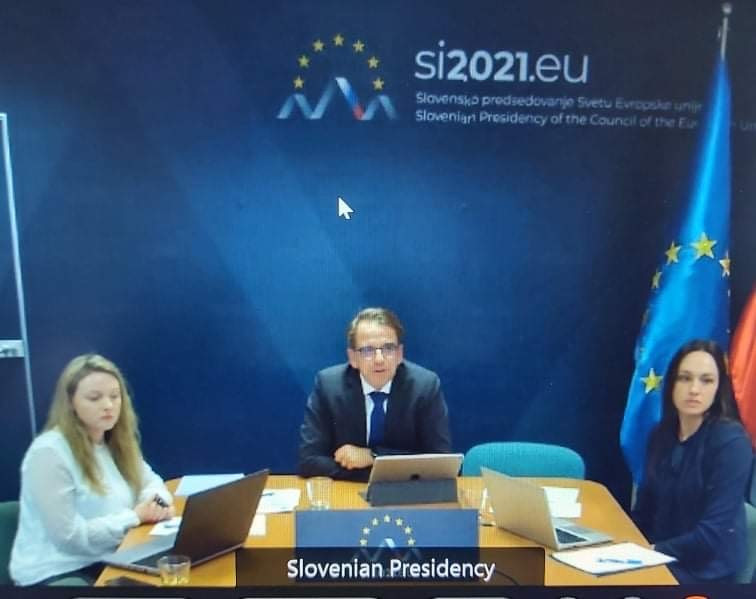EPSO meeting: Young and older employees are like two sides of the same coin
The participants were representatives of the Member States of the European Union, who are national delegates to the Working Party on Staff Regulations of the Council of the European Union.
The purpose of the meeting was to present current projects and planned activities carried out by EPSO, and on this basis to coordinate the personnel policy of the European Union, especially in the field of selection procedures and recruitment of staff from Member States in the European Union institutions.
The event, which took place in video form, was hosted by Peter Pogačar, Director General of the Public Sector Directorate at the Ministry of Public Administration, who also gave a presentation on the topic: Multigenerational challenges in European public administration, and has also participated in discussions with Member States on the impact of intergenerational diversity of staff within Member States' administrations.
Pogačar emphasized that aging and talent management are important topics of the Slovenian Presidency of the Council of the European Union in 2021 in the field of human resources management in state administrations, as trends regarding the aging of the EU workforce show the following: people live longer and are healthier. enjoy a high quality of life in old age; the average age-to-employment ratio will almost double in OECD countries over the next 40 years; in the European Union, one in four central government employees is over 55 years of age.
In order to better understand how European public administrations pose the challenges of talent management and an aging workforce, and how they perceive and use different tools to achieve different goals, Slovenia, together with the Organization for Economic Co-operation and Development (OECD), conducted a study on aging and talent management, the drafts of which Pogačar presented in the continuation of his presentation, otherwise the study will be officially published in October.
Peter Pogačar also took part in a discussion with the Member States on the impact of intergenerational diversity of employees within the national administrations of the Member States.


